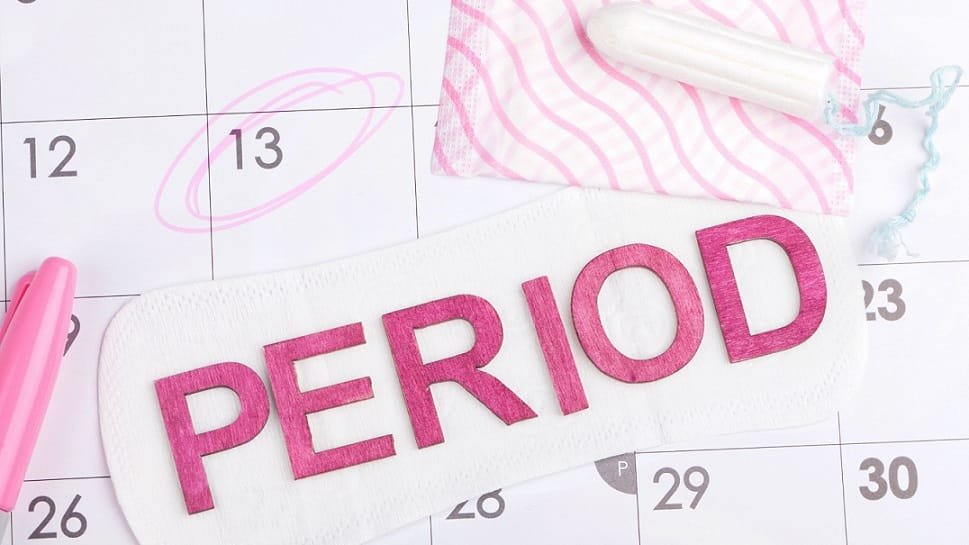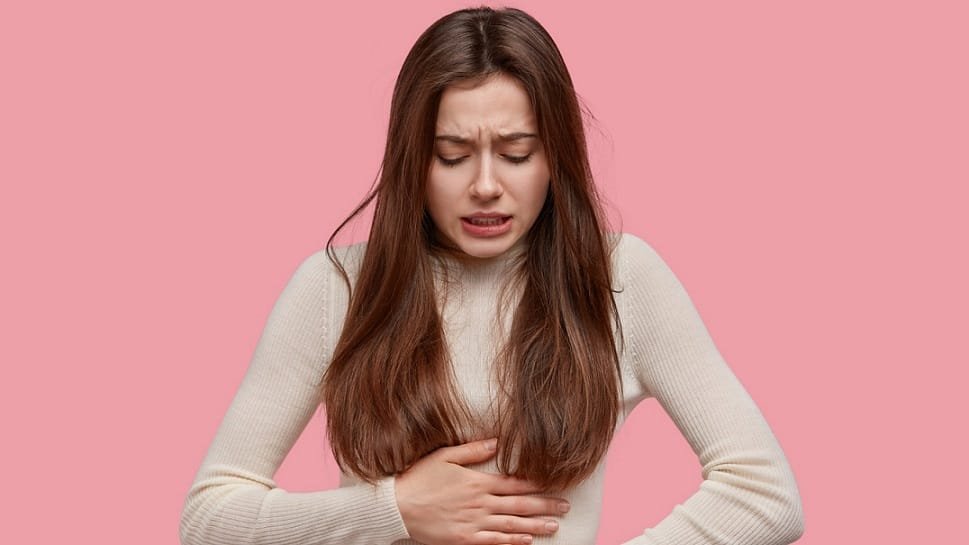PMS premenstrual syndrome is all in your head. Is it true or not? We will be deciphering this age old myth, adhered both by men and older women when young girls go through mood swings, crying episodes or craving sweet stuff. Many women and according to studies more than 75 percent deal with symptoms like cramping, bloating, irritability, fatigue, and depression every month. Many are unaware of this and consider it an episode of depression. It is a myth that PMS is all in your head but it is very real and it has medical researches to back it up.
The feeling of PMS develops between ovulation and the start of your period which is roughly the 2 weeks before your period. It can last for a few days after your period begins. The reason behind this phenomenon is the hormonal changes occurring in the body, letting women know of the arrival of periods. PMS effects different people differently, some might have an acute effect while for others it might not even be noticeable. For some women it can be so severe that it can have some impact on everyday life and regular activities. Anxiety, restlessness, or feeling on edge, unusual anger and irritability, changes in appetite, including increased food cravings, especially for sweets are some of the common symptoms. A sad mood, which might involve tearfulness or sudden, uncontrollable crying rapid shifts in mood and emotional outbursts and decreased sex drive have also been reported by some during PMS.
Premenstrual syndrome is a medical diagnosis of multiple symptoms including both emotional and physical discomforts. While some people might experience premenstrual symptoms of low to moderate intensity, some might have a full blown PMS effect, whatever the case may be, there are ways that it can be helped.
Start keeping track of your menstrual cycle and your emotions throughout its different stages. This will help you confirm that your mood swings are indeed linked to your cycle. Knowing there’s a reason why you’re feeling cranky can help keep things in perspective and you can handle it better.
Having a detailed log of your last few cycles is also handy if you want to bring up your symptoms with your doctor. You can track your cycle and symptoms using a period-tracking app on your phone. Look for one that allows you to add your own symptoms.
Calcium supplements and regular intake of multi vitamins bring down the effects of PMS.
Avoid caffeine and keep taking regular small meals, that usually helps the mood swings.
Most importantly, keep exercising, before and during your periods. IT will surely bring out the best of you. Working out relives the anxiety and depression anyways but during the hormonal change, it will further regularize the period cycle but also help with PMS.




